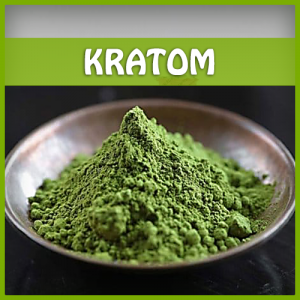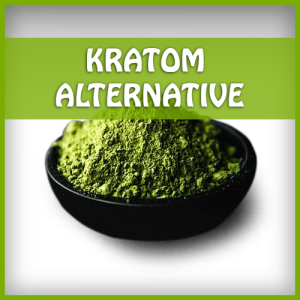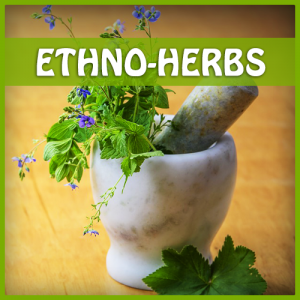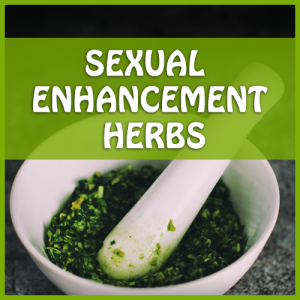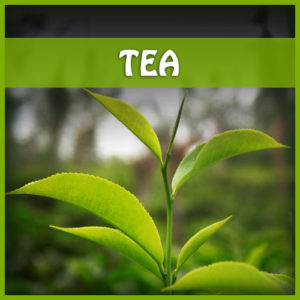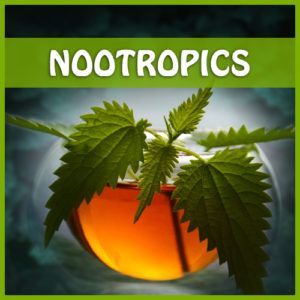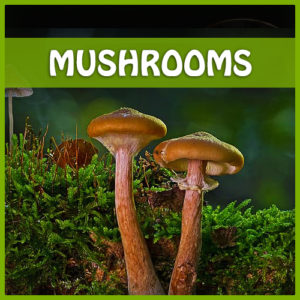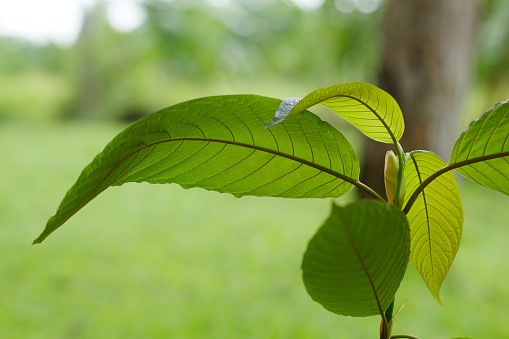Updates
Mitragyna Hirsuta for Boosting Cognitive Function
Mitragyna hirsuta, also known as “kra thum khok,” is a tropical tree native to Thailand, Cambodia, and Vietnam. It belongs to the same family as the kratom plant (Mitragyna speciosa), and it has a long history of use in traditional medicine for boosting cognitive function.
Unlike kratom, which is known for its opioid-like effects, M. hirsuta is not believed to have significant effects on the mu opioid receptors. Instead, it is thought to work through a different mechanism to improve cognitive function.
One of the primary active compounds in M. hirsuta is mitraphylline, which is structurally similar to mitragynine, the primary active compound in kratom. Mitraphylline has been shown to have a number of potential health benefits, including antioxidant, anti-inflammatory, and neuroprotective effects. It may also have the ability to improve cognitive function by increasing the levels of acetylcholine, a neurotransmitter involved in memory and learning, in the brain.
In addition to mitraphylline, M. hirsuta also contains other compounds that may contribute to its cognitive-enhancing effects. These include hirsutine, hirsutinine, and isomitraphylline, which have all been shown to have antioxidant and anti-inflammatory properties.
There is limited scientific research on the effects of M. hirsuta on cognitive function, but some studies suggest that it may be effective in improving memory and learning. In a study published in the Journal of Ethnopharmacology, M. hirsuta was found to improve spatial learning and memory in mice. Another study published in the Journal of Natural Products found that M. hirsuta improved memory and learning in rabbits.
While these findings are promising, more research is needed to fully understand the cognitive-enhancing effects of M. hirsuta and to determine the optimal dosage and duration of use. It is also important to note that M. hirsuta has not been approved by the Food and Drug Administration (FDA) for use as a cognitive enhancer, and its safety and effectiveness in humans have not been fully established.
As with any supplement, it is important to speak with a healthcare provider before using M. hirsuta, especially if you are pregnant, nursing, or have a pre-existing medical condition. It is also important to use caution when combining M. hirsuta with other medications, as it may interact with some drugs and herbs.
Despite its potential cognitive-enhancing effects, M. hirsuta should not be used as a substitute for proven methods of improving cognitive function, such as getting enough sleep, engaging in regular physical activity, and eating a healthy diet. These lifestyle changes, along with the use of proven cognitive-enhancing supplements and medications, can help to improve cognitive function and overall brain health.
In conclusion, M. hirsuta is a tropical tree native to Southeast Asia that has a long history of use in traditional medicine for boosting cognitive function. While more research is needed to fully understand its effects, some studies suggest that it may be effective in improving memory and learning. However, M. hirsuta has not been approved by the FDA for use as a cognitive enhancer,











